Cell Reproduction -> historical interpretation
Historical Interpretation
Historical interpretation is the process of examining and analyzing historical events, documents, and sources to form an understanding of the past. It involves interpreting the significance of events, the motives of historical figures, and the impact of historical contexts on shaping the course of history.
Key Concepts
- Primary Sources: These are original sources created at the time of the event being studied, such as diaries, letters, official documents, and artifacts. They provide firsthand evidence of historical events.
- Secondary Sources: These are interpretations and analyses of primary sources. They are created after the event by historians, scholars, or researchers.
- Perspective: Historical interpretation involves considering the perspectives of different groups or individuals involved in the events. It requires understanding how different social, cultural, and political contexts influence people's views and actions.
- Historiography: This refers to the study of how history has been written and interpreted over time. It involves examining the methodologies, biases, and perspectives of historians in different eras.
Skills for Historical Interpretation
Studying historical interpretation requires the development of several important skills:
- Critical Thinking: The ability to analyze and evaluate historical sources and interpretations critically.
- Research Skills: The capacity to locate, assess, and utilize primary and secondary sources effectively.
- Contextual Understanding: Understanding the historical, social, and cultural contexts in which events occurred.
- Analysis and Synthesis: The capacity to analyze and synthesize information to form coherent and well-supported historical interpretations.
Study Guide
To deepen your understanding of historical interpretation, consider the following study guide:
- Read a primary source document from a significant historical event (e.g., the Declaration of Independence, a letter from a Civil War soldier, or a speech by a civil rights leader).
- Identify and analyze the perspectives of different individuals or groups involved in the event. Consider how their motivations and beliefs influenced their actions.
- Compare and contrast different historical interpretations of the same event from different time periods or cultural perspectives.
- Research the historiography of a specific historical topic to understand how interpretations have evolved over time.
- Write a short essay or create a presentation discussing the impact of historical context on shaping the interpretation of a particular event or time period.
By engaging with these activities, you will develop a deeper understanding of historical interpretation and the complexities of understanding the past.
.◂Science Worksheets and Study Guides Seventh Grade. Cell Reproduction
Study Guide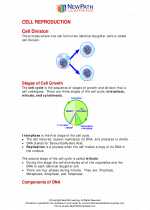 Cell Reproduction
Cell Reproduction  Activity Lesson
Activity Lesson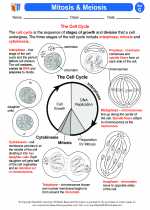 Mitosis & Meiosis
Mitosis & Meiosis  Worksheet/Answer key
Worksheet/Answer key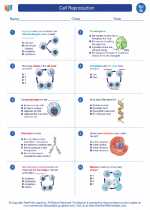 Cell Reproduction
Cell Reproduction  Worksheet/Answer key
Worksheet/Answer key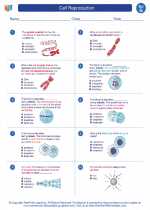 Cell Reproduction
Cell Reproduction  Worksheet/Answer key
Worksheet/Answer key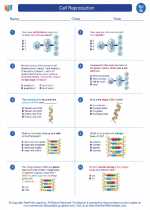 Cell Reproduction
Cell Reproduction  Vocabulary/Answer key
Vocabulary/Answer key Cell Reproduction
Cell Reproduction  Vocabulary/Answer key
Vocabulary/Answer key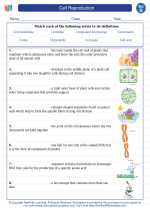 Cell Reproduction
Cell Reproduction  Vocabulary/Answer key
Vocabulary/Answer key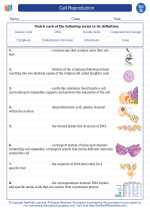 Cell Reproduction
Cell Reproduction  Vocabulary/Answer key
Vocabulary/Answer key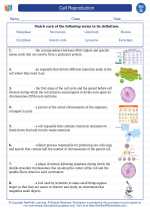 Cell Reproduction
Cell Reproduction  Vocabulary/Answer key
Vocabulary/Answer key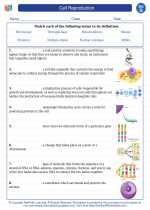 Cell Reproduction
Cell Reproduction  Vocabulary/Answer key
Vocabulary/Answer key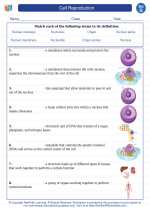 Cell Reproduction
Cell Reproduction  Vocabulary/Answer key
Vocabulary/Answer key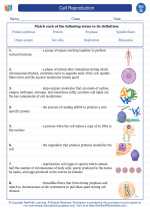 Cell Reproduction
Cell Reproduction  Vocabulary/Answer key
Vocabulary/Answer key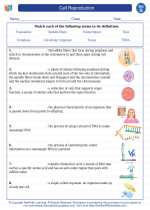 Cell Reproduction
Cell Reproduction 

 Activity Lesson
Activity Lesson
 Worksheet/Answer key
Worksheet/Answer key
 Worksheet/Answer key
Worksheet/Answer key
 Worksheet/Answer key
Worksheet/Answer key
 Vocabulary/Answer key
Vocabulary/Answer key
 Vocabulary/Answer key
Vocabulary/Answer key
 Vocabulary/Answer key
Vocabulary/Answer key
 Vocabulary/Answer key
Vocabulary/Answer key
 Vocabulary/Answer key
Vocabulary/Answer key
 Vocabulary/Answer key
Vocabulary/Answer key
 Vocabulary/Answer key
Vocabulary/Answer key
 Vocabulary/Answer key
Vocabulary/Answer key

The resources above cover the following skills:
LIFE SCIENCE
From Molecules to Organisms: Structures and Processes
Gather and synthesize information to explain how prokaryotic and eukaryotic cells differ in structure and function, including the methods of asexual and sexual reproduction.